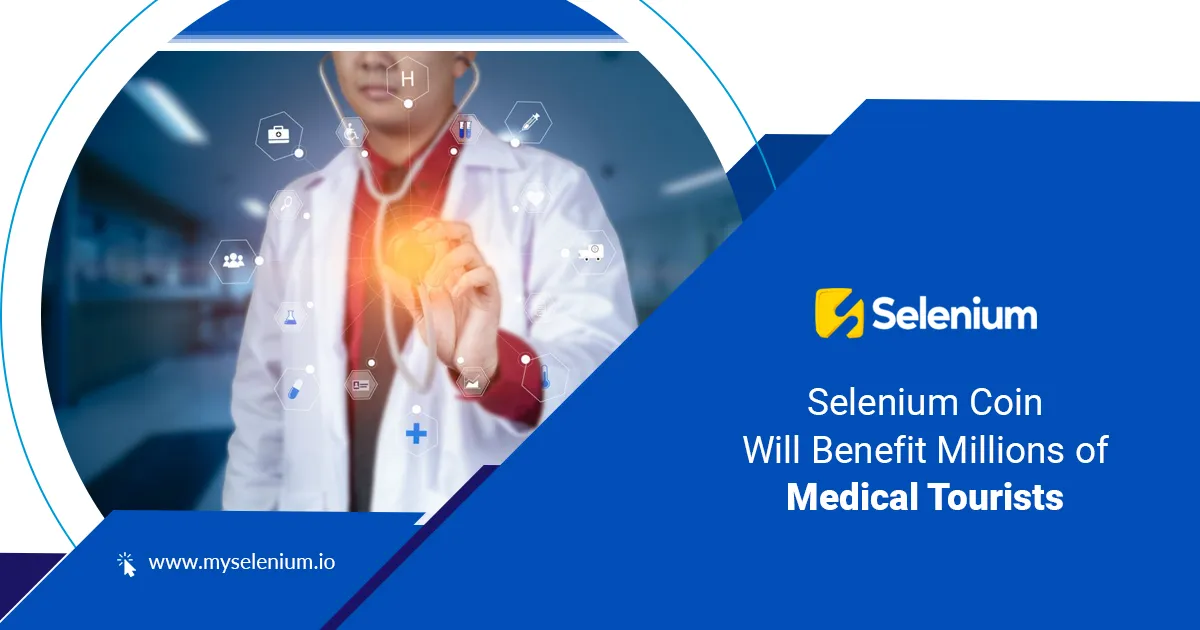
Over the past couple of decades, the healthcare sector has grown manifold. However, the distribution of medical facilities has not been uniform throughout the globe. Moreover, even the costs of procedures and consultations vary from place to place. The combination of these factors has encouraged patients to seek medical relief elsewhere.
Better known as medical tourism, this industry is expanding at a phenomenal rate. A study by the International Healthcare Research Center and Global Healthcare Resources estimates that this sector is valued at $439 billion. Meanwhile, this sector is growing at a double-digit CAGR of 25% and is servicing more than 11 million patients annually. Additionally, better information dissemination through the internet, reduction of travel costs, and improvement in government policy are further aiding with improving medical tourism.
Unfortunately, there are a few shortcomings that inhibit the growth of the medical tourism sector. They have been listed below:
- Poor data management: The medical sector is notorious for storing data in a haphazard manner that removes its reusability value. Moreover, it also makes it an easy target for hackers as most data is stored on outdated systems.
- Lack of coordination: The healthcare industry involves a number of participants and is fragmented into multiple layers. There is no single platform that can connect everybody in a streamlined manner. The absence of such a platform makes communication and coordination difficult.
- Unnecessary costs: As a direct outcome of poor medical record keeping practices, patients suffer the most as they are required to undergo the same tests multiple times. This increases the financial burden on the patient.
- Difficulties for insurance providers: With more and more patients seeking medical attention internationally, it increases the pressure on insurance providers. Moreover, the lack of any database makes it difficult to verify transactions and claims effectively, which gives rise to insurance frauds.
- Patient has no control over data: Even if medical data is recorded, they are stored in such a way that it does not benefit the patient. Often, the patient does not have any control over their own data as it is managed by a third-party service provider, who exchange medical data without permission.
Luckily, the future is not bleak as Selenium Coin has a solution to the problem afflicting the global medical industry. By developing a blockchain-based platform, Selenium Coin will be able to offer a decentralized and premium database management system. All records will be stored using encryption, thereby improving its security against external threats.
The Selenium Coin platform will also double up as a bridge that connects the different participants in the healthcare sector, thereby improving coordination and knowledge transfer. Insurance providers will also benefit from Selenium Coin as all medical records will be stored in an immutable and chronological manner, thereby eliminating the risk of fraud.
Finally, by using smart contracts, Selenium Coin will transfer the ownership of medical records into the hands of the patients. This function will enable patients to set permissions and also view anyone who can access their data.
As can be seen, Selenium Coin possesses the potential to transform the medical sector. In order to build the platform, Selenium Coin will be launching an Initial Exchange Offering (IEO). Visit Website to learn more about Selenium Coin and its offerings as well as to register for the IEO.
For more information: